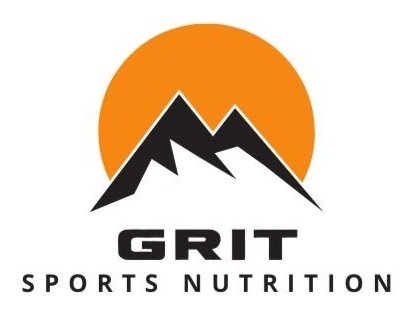Post Race Fuel Planning
So the big race is over, but your appetite rages on. You know that you need to scale back on food consumption now that training demands are lower, but knowing and doing are two totally different things. I’m currently living this, by the way. I recently trained for and completed my 4th Ironman race. I had forgotten just how hungry I get during heavy training blocks and it has taken considerable effort to keep things in check now that the race is behind me.
Why does overeating occur post-race?
(1) Your appetite is still revved up. Your body is used to logging tons of training hours. When those sessions decrease in time or go away entirely, it would be nice if your appetite would adjust accordingly. But often this isn’t the case. It takes some time for your body to regulate.
(2) You are burning way less calories in a day. Whether you jump into another training block, or take some time off, you are expending less energy than you were. And your purpose for eating is somewhat different. Instead of fueling to reverse the constant calorie deficit incurred with heavy training, you are simply fueling for daily activity or a more conservative training plan.
(3) You are in the habit of eating a lot more calories than you now need. Our habitual nature as humans plays largely into our daily food choices. For example, driving through Starbucks every morning for a Frappucino and a muffin may have began as a once in a while thing and is now a daily occurrence because it’s comforting. And familiar. Some of these habits are die hard and extremely powerful. Once your training load decreases, it may be difficult to let the extra calories go that you’ve gotten in the habit of consuming.
If this is sounding all too familiar, you are not alone! Knowing what and how much to eat after the training hours subside is a common concern among athletes. Here are some strategies I have found to be helpful in curbing crazy post-race eating:
1) Celebrate that Finish
You’ve dedicated a lot of time and effort toward checking off this big goal. Enjoy it and revel in it. Appreciate all that your body is capable of accomplishing. And enjoy food and drink. For a few weeks…
2) Eat Thoughtfully
Think before you eat. In heavy training, increased time spent training often translates to decreased time to prepare and consume food. You quickly shove food in when you can, so that the opportunity to re-fuel isn’t missed. Now that you have more free time, take a moment to consider whether you really need that cookie at the office, or a donut with the kids. Maybe you do, and then enjoy it.
3) Track Food Intake
Websites like My Fitness Pal or My Plate are helpful in shedding light on what you are consuming throughout the day. Awareness is key. It is a possibility that you are really over-consuming calories, and don’t even realize it. Tracking is a helpful tool in moderating intake.
4) Find Areas to Cut Back
If you included a large snack after a workout, and that workout no longer exists, you can scale back on the amount of calories consumed or eliminate the foods altogether. Little extras you allowed yourself like chips with the sandwich or dessert after dinner aren’t necessarily a thing of the past, but they do need to be regulated more closely.
5) Keep Activity Level Up
Definitely take a few days (or weeks) off from workouts after your race. You’ve earned it. But don’t halt all activity! Keep moving even if it’s walking the dogs or hiking with a buddy. Activity burns calories, and keeps your mind and body healthy. Maybe even register for another race when the time feels right!
In Summary
The transition from heavy training back to regular life can be tricky for many reasons. There may even be a little sadness surrounding the passing of this phase in your life. Don’t allow post-race blues to translate to weight gain. Take a few weeks off and then get back on track, whether it means looking forward to that next race or simply being active. Then begin to adjust your dietary habits to fit this new activity level. Reach out to a Sports Dietitian if you need personalized help. It’ll all come together!

